|
Concurrent Session Block V
CS 5A: Connected...at Arm's Length – Ombuds, Organizational Leaders, and Human Resources | White River C-D
Sharing emerging trends and concerns with the organization is a core function of the Ombuds Office in order to inform and speak into potential organizational action. Leadership and HR are two key offices, and each requires a distinct approach due to their distinct lens and organizational purpose. This collaboration can be delicate -- what is the Ombuds sphere of influence within the organization? How to balance needed connection without being (or being perceived as) another agent of the organization itself? Does the Ombuds have the availability and bandwidth to connect with specific departments in meaningful ways? This session focuses on how to communicate out from the Ombuds office to these two offices in terms that resonate with each, and how to set up conversations to elicit communication to the Ombuds Office to enable a more complete picture of the organization from multiple levels and angles of concern. This can be especially important for Leaders as they are less likely to be a visitor to the Ombuds Offices, and for HR as there can be tension between the two offices. Intentional communication with each of these levels allows for a more nuanced perspective for the Ombuds and the offices engaged, provides greater reach of the Ombuds Office within the organization, and experiential exposure of key departments for not only what the Ombuds is but also how Ombuds practices can inform and improve functioning in differing capacities within the organization.
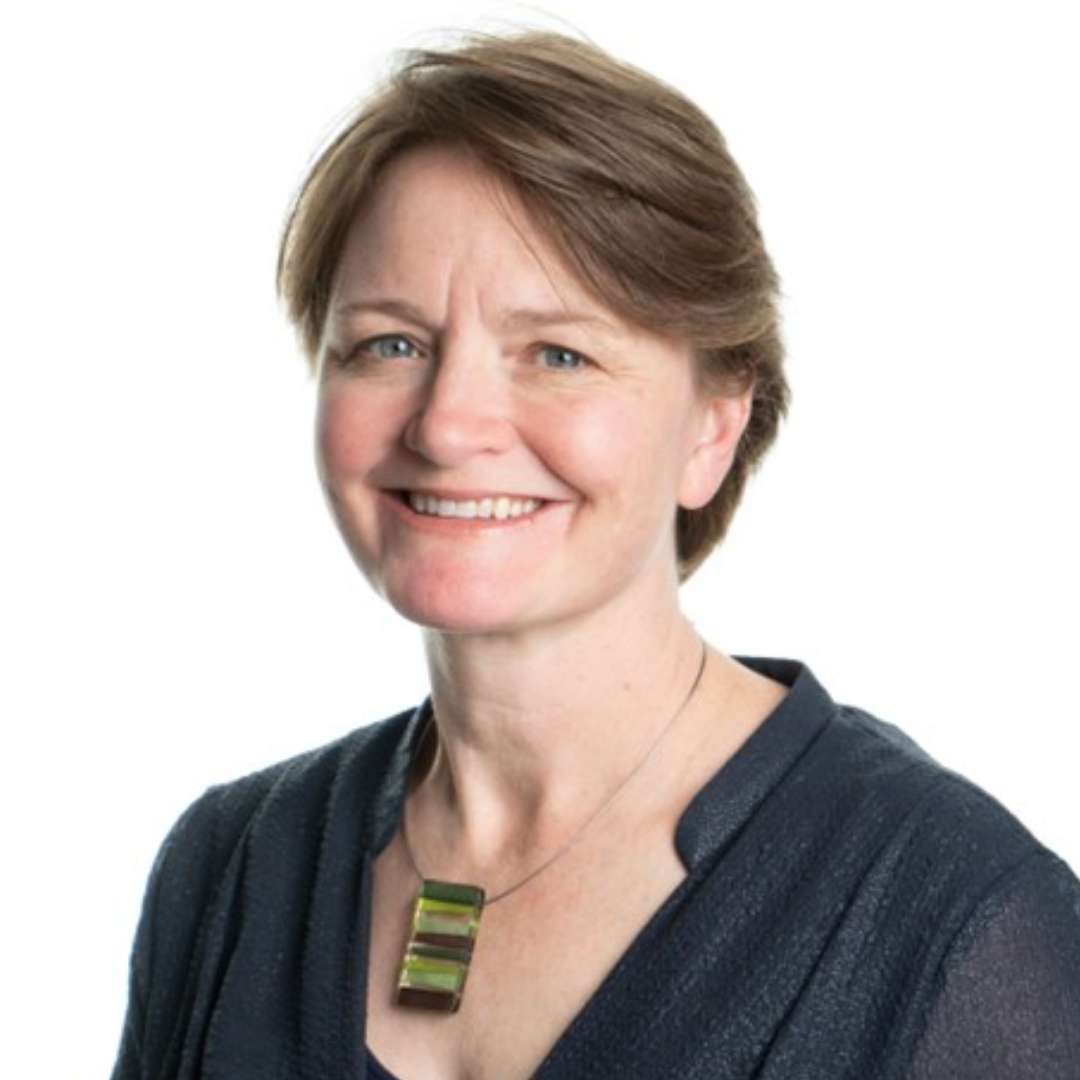 Stacy Rouse is a conflict engagement professional and skilled facilitator. Stacy operates with the perspective and understanding that utilizes a strengths-based lens. Through open dialog and collaborative listening, she supports a team's powerful organizational creativity and performance. As a thought partner and expert at gathering stakeholders, Stacy offers an insightful, practical, and results-oriented approach to addressing complex challenges. She helps organizations adapt their systemic structures and practices to be reflective of their stated values. A specialist in interpersonal and group dynamics, she has spent much of her career developing and implementing strategies that help organizations navigate perspective divides and find paths out of intractable places. Stacy promotes proactive engagement of divergent perspectives and methods to generate creative problem-solving. Stacy Rouse is a conflict engagement professional and skilled facilitator. Stacy operates with the perspective and understanding that utilizes a strengths-based lens. Through open dialog and collaborative listening, she supports a team's powerful organizational creativity and performance. As a thought partner and expert at gathering stakeholders, Stacy offers an insightful, practical, and results-oriented approach to addressing complex challenges. She helps organizations adapt their systemic structures and practices to be reflective of their stated values. A specialist in interpersonal and group dynamics, she has spent much of her career developing and implementing strategies that help organizations navigate perspective divides and find paths out of intractable places. Stacy promotes proactive engagement of divergent perspectives and methods to generate creative problem-solving.
Stacy helps organizations use curiosity to develop a diagnostic lens, common language to develop meaning, and compassion to cultivate socio-emotional competencies. She provides guidance and support in communication and helps build feedback loops that promote trust, culture evolution, and program development. She has worked in industries including the non-profit sector, higher education, early childhood and TK-12 education, and other public, private, and government agencies including Santa Monica-Malibu and Los Angeles Unified School Districts, the City of Malibu, and Jumpstart for Young Children, a member of the AmeriCorps National Service network.
Stacy holds a Masters in Dispute Resolution from the Straus Institute at Pepperdine University's Caruso School of Law. She has professional training in Restorative Justice and is a member of the International Ombuds Association. Stacy's diversified and multidimensional perspective has been solidified through her experiences working with hundreds of people from preschool to older adulthood and every age in various contexts and geographic locations. She is deeply rooted in community, public service, and shared responsibility for outcomes. She is a recipient of The City of Malibu's Citizen of the Year, The Dolphin Award, for 2022.
CS 5B: Enhancing Visitor's Engagement: What Are the Vital Functions of Ombud Office Websites? | White River G-H
Ombud offices typically have websites that serve as the first point of contact for prospective visitors seeking the Ombud services. There hasn't been a known study examining the types of information available on these websites. Our session provides an opportunity for participants to learn about and discuss how websites of Ombud offices in higher education organize and present information such as:
(a) Ombud office structures and organizational placement;
(b) number, names and backgrounds of Ombuds;
(c) constituents served (e.g., students, faculty, staff);
(d) types of services offered (e.g., confidential consultations, facilitation of conversations, referrals, etc.);
(e) mentioning of the IOA Standards of Practices and Code of Ethics;
(f) inclusion of Ombud Office charters;
(g) links to annual reports;
(h) resources (policies, practical tips on managing interpersonal conflict, etc.);
(i) frequently asked questions regarding what an Ombud does/does not do; and
(j) instruction on how to contact an Ombud.
Our team of four established Ombuds and a conflict management specialist from three institutions are reviewing sampled websites from approximately 500 U.S. and Canadian higher education Ombud offices. Target information listed above are being extracted for identifying the main trends and notable features across the reviewed websites. Benefits of our work for the larger Ombud community include: (a) identifying best practices for creating a welcoming, informative, and transparent Ombud web presence in institutions; and (b) diverse approaches to referring to the IOA Standards of Practices and Code of Ethics in Ombud office websites.
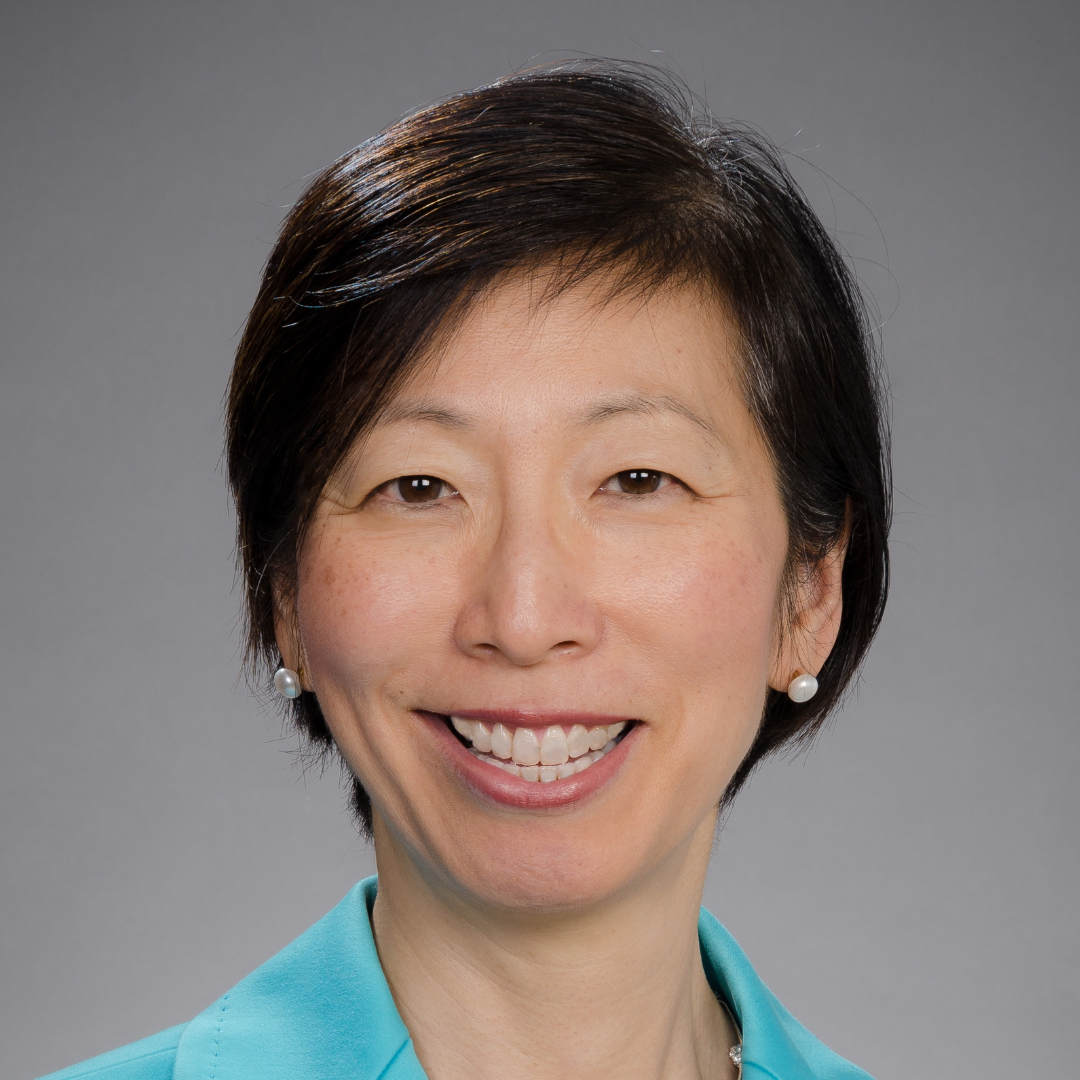 Dr. Sara Kim, Research Professor of Surgery, received her PhD in Education in 1999 from University of Washington (UW), Seattle, Washington. Currently, she serves as Associate Dean for Educational Quality Improvement, School of Medicine, University of Washington. Dr. Kim is the inaugural holder of the George G. B. Bilsten Professorship in the Art of Communication with Peers and Patients. She actively leads research programs in conflict management and collaborates with a wide range of clinical, administrative, and educational stakeholders across UW Medicine. Since 2014, she and her team have developed training programs and taught over 10,000 healthcare professionals conflict dialogue and speaking up skills. She has numerous peer-reviewed publications in leading medical education and medical specialty journals, covering topics of communication skills for resolving conflict and negotiating power hierarchy. As a certified coach for emerging and established leaders, Dr. Kim partners with the UW Office of Ombuds and serves as a coach in Opportunities in Leadership Program. Lastly, she regularly volunteers as a mediator at the King County Dispute Resolution Center in the State of Washington. Dr. Sara Kim, Research Professor of Surgery, received her PhD in Education in 1999 from University of Washington (UW), Seattle, Washington. Currently, she serves as Associate Dean for Educational Quality Improvement, School of Medicine, University of Washington. Dr. Kim is the inaugural holder of the George G. B. Bilsten Professorship in the Art of Communication with Peers and Patients. She actively leads research programs in conflict management and collaborates with a wide range of clinical, administrative, and educational stakeholders across UW Medicine. Since 2014, she and her team have developed training programs and taught over 10,000 healthcare professionals conflict dialogue and speaking up skills. She has numerous peer-reviewed publications in leading medical education and medical specialty journals, covering topics of communication skills for resolving conflict and negotiating power hierarchy. As a certified coach for emerging and established leaders, Dr. Kim partners with the UW Office of Ombuds and serves as a coach in Opportunities in Leadership Program. Lastly, she regularly volunteers as a mediator at the King County Dispute Resolution Center in the State of Washington.
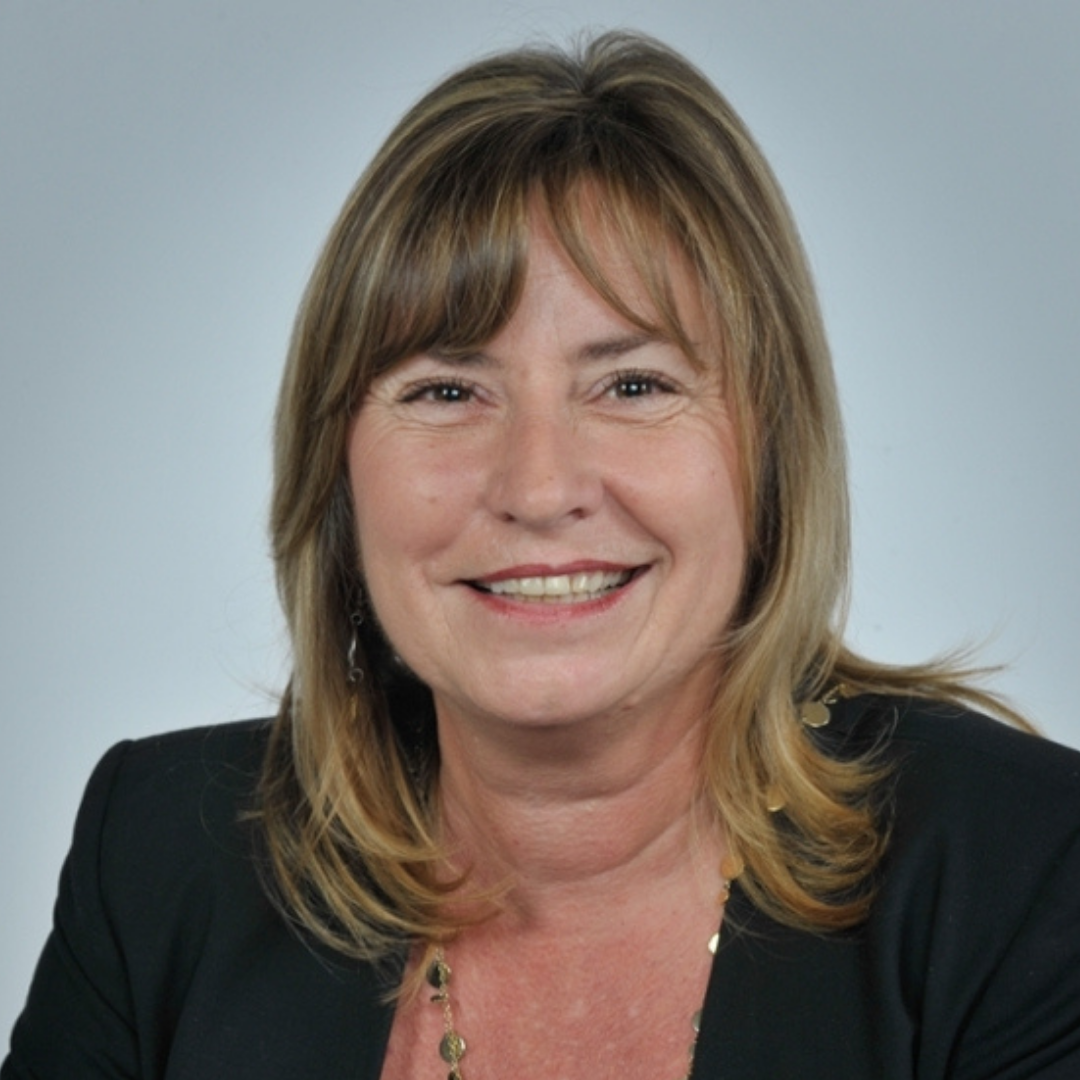 Dr. Heidi von Harscher is the student Ombuds; Assistant Dean for Women in Medicine and Science, and Associate Professor at the Herbert Wertheim College of Medicine at Florida International University in Miami, Florida. A licensed clinical (neuro) psychologist by training she has spent much of her career assisting students and interns to develop and grow in and outside of the medical curriculum. Dr. von Harscher is passionate about spirituality, wellness, professionalism, systems, passion fatigue, and mindful awareness as is evidenced by her research on burnout, empathy, and resilience. In her next professional chapter, she is very interested in examining and facilitating professional wellness for Ombuds. Dr. Heidi von Harscher is the student Ombuds; Assistant Dean for Women in Medicine and Science, and Associate Professor at the Herbert Wertheim College of Medicine at Florida International University in Miami, Florida. A licensed clinical (neuro) psychologist by training she has spent much of her career assisting students and interns to develop and grow in and outside of the medical curriculum. Dr. von Harscher is passionate about spirituality, wellness, professionalism, systems, passion fatigue, and mindful awareness as is evidenced by her research on burnout, empathy, and resilience. In her next professional chapter, she is very interested in examining and facilitating professional wellness for Ombuds.
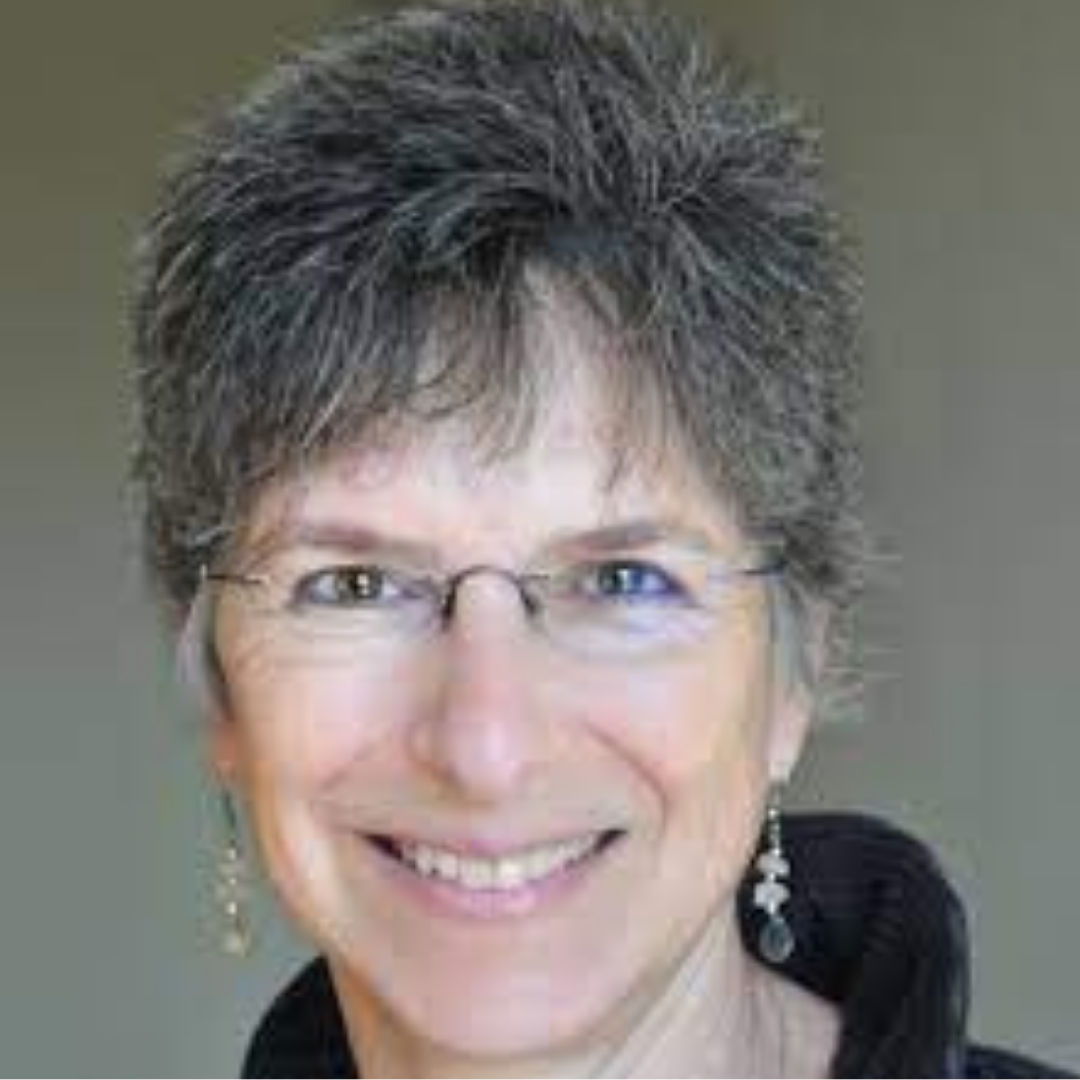 Ruthy Kohorn Rosenberg is an Associate Ombud at the University of Washington and has been here since April 2020. This public university ombuds office serves 100,000 + faculty, staff and students at three campuses and a huge medical enterprise including a medical school and multiple hospitals. I also do some leadership coaching. Previously, I was the inaugural University Ombudsperson for Brown University for 8 years. I came to Brown from MIT where I was the Director of Student Mediation and worked with faculty, staff and students to build capacity within the Institute community to deal effectively with conflict. Before my five years at MIT, I was chief of staff to three Deans of the Division of Biology and Medicine at Brown University in Rhode Island. I was also director of the family mediation program for the Cleveland Mediation Center, a community mediation center in Cleveland, Ohio. I currently serve on the board and planning committee of the California Caucus of University Ombuds, and mentor ombuds through IOA. Ruthy Kohorn Rosenberg is an Associate Ombud at the University of Washington and has been here since April 2020. This public university ombuds office serves 100,000 + faculty, staff and students at three campuses and a huge medical enterprise including a medical school and multiple hospitals. I also do some leadership coaching. Previously, I was the inaugural University Ombudsperson for Brown University for 8 years. I came to Brown from MIT where I was the Director of Student Mediation and worked with faculty, staff and students to build capacity within the Institute community to deal effectively with conflict. Before my five years at MIT, I was chief of staff to three Deans of the Division of Biology and Medicine at Brown University in Rhode Island. I was also director of the family mediation program for the Cleveland Mediation Center, a community mediation center in Cleveland, Ohio. I currently serve on the board and planning committee of the California Caucus of University Ombuds, and mentor ombuds through IOA.
I have over 25 years experience in conflict resolution and management, ombudsmanry, teaching, curriculum design, university administration, non profit organizations, and board service. I was also an adjunct professor at Roger Williams University School of Law teaching divorce mediation and community mediation.
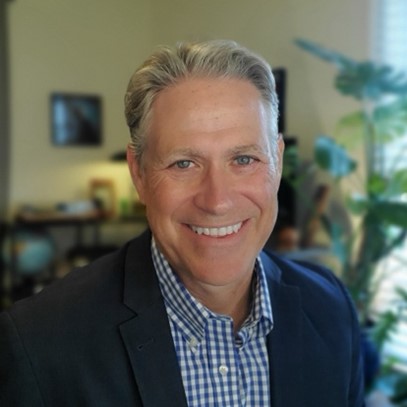 Tom A. Kosakowski is the University Ombuds for the University of Southern California’s Health Sciences Campus. He provides ombuds services to faculty, staff, and students at five academic schools and a health system that includes seven teaching hospitals, clinics, and research facilities. Prior to establishing the office at USC in 2019, Tom served in a similar capacity as the Ombuds for the Health System at UCLA for 12 years. He also established the Ombuds Office at Claremont Graduate University and served as the Campus Ombuds at UC Riverside. He trained as a mediator with the LA County Bar Association and mediated cases for the LA Superior Court. Tom is an active member of the International Ombuds Association and served on its Board of Directors, including a term as President. He regularly teaches new ombuds as a “Foundations” instructor for IOA. Tom also publishes “The Ombuds Blog,” an independent news site for the organizational ombuds profession. This is Tom’s third career; he worked as an economist and attorney before becoming an ombuds in 2007. He graduated from Occidental College and earned his JD from Loyola Law School Los Angeles. Tom A. Kosakowski is the University Ombuds for the University of Southern California’s Health Sciences Campus. He provides ombuds services to faculty, staff, and students at five academic schools and a health system that includes seven teaching hospitals, clinics, and research facilities. Prior to establishing the office at USC in 2019, Tom served in a similar capacity as the Ombuds for the Health System at UCLA for 12 years. He also established the Ombuds Office at Claremont Graduate University and served as the Campus Ombuds at UC Riverside. He trained as a mediator with the LA County Bar Association and mediated cases for the LA Superior Court. Tom is an active member of the International Ombuds Association and served on its Board of Directors, including a term as President. He regularly teaches new ombuds as a “Foundations” instructor for IOA. Tom also publishes “The Ombuds Blog,” an independent news site for the organizational ombuds profession. This is Tom’s third career; he worked as an economist and attorney before becoming an ombuds in 2007. He graduated from Occidental College and earned his JD from Loyola Law School Los Angeles.
CS 5C: Introduction to Research for All Ombuds: What and Why We Need to Know | White River I-J
To thrive as practitioners and as a field, ombuds must understand research (better!), and use it (more!) effectively. Among other considerations, incorporating research in a more transparent and consistent way in ombuds practices can bolster the credibility and perceived value of ombuds work by demonstrating a reliance on science, beyond the subjective experiences and opinions of individual ombuds. For example, references to experimental studies can highlight causal relationships- especially when replicated by other researchers in subsequent studies- to illuminate how and why specific ombuds techniques are (not) effective.
This presentation intends to make the topic of research more accessible, relatable, and meaningful for all ombuds. Specifically, the session will help ombuds at all levels and in all sectors to gain a better understanding of:
- WHAT Research Is: Explaining the definition and types of research/evaluation, including sourced materials and ombuds' own data/reports;
- WHY Ombuds Need Research: Reinforcing the relevance to individual ombuds/offices (e.g., ROI) and to the ombuds field, including connections to ombuds' objectives, specifically DEI;
- HOW to Do Research/Evaluation: Exploring general considerations (e.g., basics of scientific method) and clarifying the processes of accessing, interpreting, contributing to, and participating in studies, including the relevance of the IOA Framework and guidance, as well as additional resources.
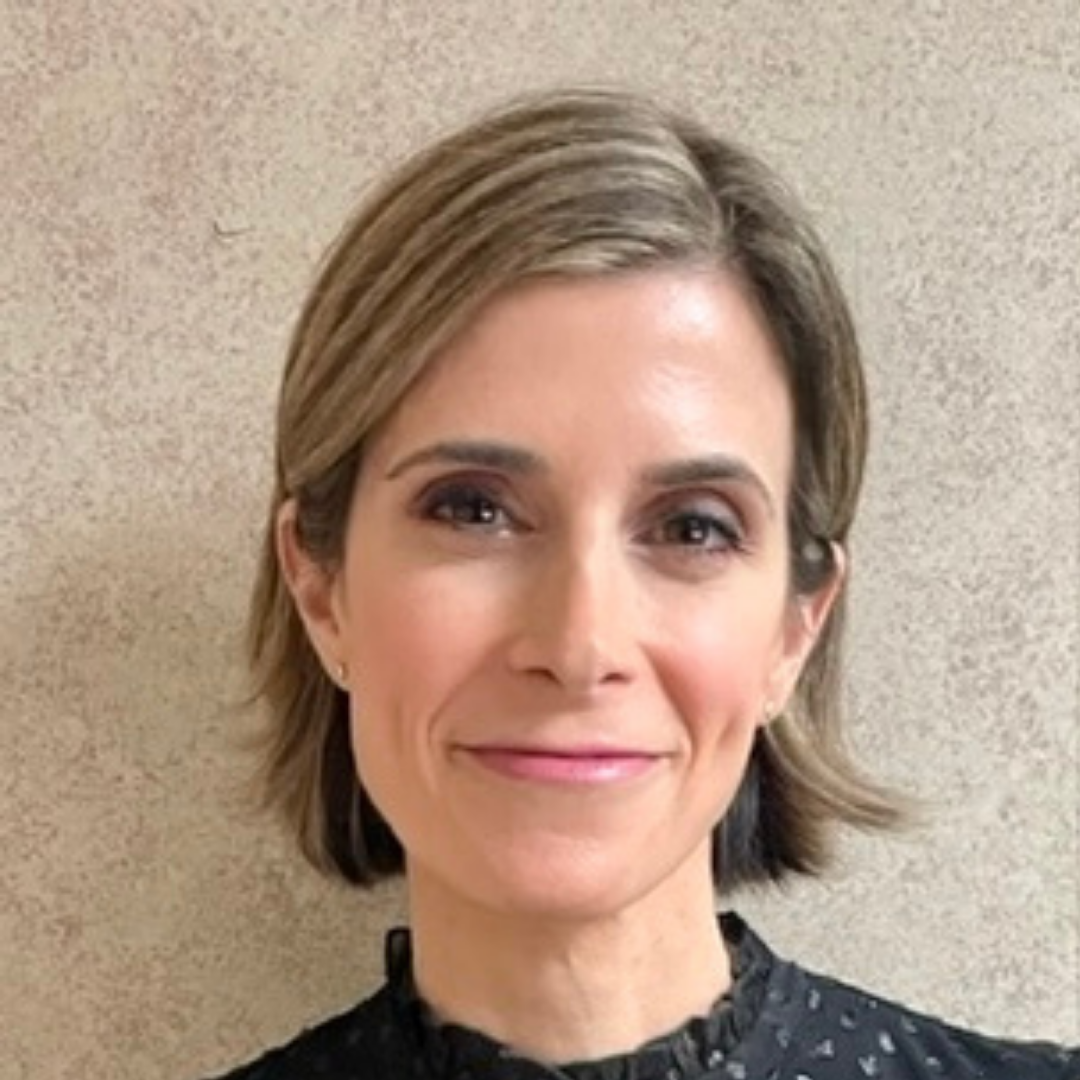 Julie Muroff, Co-Chair of the IOA Research and Assessment Committee, has worked in a scientific research organization for 18 years. Currently, Julie is the founding Ombuds Director at the Janelia Research Campus of the Howard Hughes Medical Institute. Previously, she worked for over 15 years at the National Institutes of Health (NIH) in several leadership roles, including Acting NIH Ombudsman and Director of the NIH Center for Cooperative Resolution, Acting Chief Counsel, and Senior Advisor for Research Integrity. Her prior roles were in law firms, academia, and nonprofits. Julie holds a master's degree in Applied Positive Psychology, in addition to her undergraduate degree in Psychology and her law degrees. She has focused her career on helping professionals manage conflict and change through her work as an attorney, certified ombudsman, credentialed executive coach, mediator, facilitator, and presenter. She enjoys publishing and lecturing on topics related to that work. Julie Muroff, Co-Chair of the IOA Research and Assessment Committee, has worked in a scientific research organization for 18 years. Currently, Julie is the founding Ombuds Director at the Janelia Research Campus of the Howard Hughes Medical Institute. Previously, she worked for over 15 years at the National Institutes of Health (NIH) in several leadership roles, including Acting NIH Ombudsman and Director of the NIH Center for Cooperative Resolution, Acting Chief Counsel, and Senior Advisor for Research Integrity. Her prior roles were in law firms, academia, and nonprofits. Julie holds a master's degree in Applied Positive Psychology, in addition to her undergraduate degree in Psychology and her law degrees. She has focused her career on helping professionals manage conflict and change through her work as an attorney, certified ombudsman, credentialed executive coach, mediator, facilitator, and presenter. She enjoys publishing and lecturing on topics related to that work.
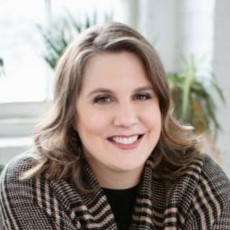 Shannon Lynn Burton, PhD, Co-Chair of the IOA Research and Assessment Committee, became the University Ombudsperson at Michigan State University in July 2018 after serving previously as both the Assistant University Ombudsperson and later Associate University Ombudsperson. During her 25+ year tenure in education, she has cultivated a culture of academic integrity, guided students on goal-setting and educational choices, and ensured institutional compliance with federal regulations. Shannon earned her Doctor of Philosophy in Higher, Adult, and Lifelong Education with a Specialization in Global Urban Studies from Michigan State University. She also has a Master of Science in Academic Advising (Kansas State University), a Master of Arts in Student Affairs Administration (Michigan State University), as well as a Bachelor of Arts in Russian Studies, a Bachelor of Science in Sociology, and a Bachelor of Arts in Spanish (Grand Valley State University). In 2018, she also completed a graduate certificate in Dialogue, Deliberation and Public Engagement (Kansas State University). Shannon is also trained in social justice mediation, restorative practices, compassionate communication, collaborative discussion, and trauma-informed practices. Shannon Lynn Burton, PhD, Co-Chair of the IOA Research and Assessment Committee, became the University Ombudsperson at Michigan State University in July 2018 after serving previously as both the Assistant University Ombudsperson and later Associate University Ombudsperson. During her 25+ year tenure in education, she has cultivated a culture of academic integrity, guided students on goal-setting and educational choices, and ensured institutional compliance with federal regulations. Shannon earned her Doctor of Philosophy in Higher, Adult, and Lifelong Education with a Specialization in Global Urban Studies from Michigan State University. She also has a Master of Science in Academic Advising (Kansas State University), a Master of Arts in Student Affairs Administration (Michigan State University), as well as a Bachelor of Arts in Russian Studies, a Bachelor of Science in Sociology, and a Bachelor of Arts in Spanish (Grand Valley State University). In 2018, she also completed a graduate certificate in Dialogue, Deliberation and Public Engagement (Kansas State University). Shannon is also trained in social justice mediation, restorative practices, compassionate communication, collaborative discussion, and trauma-informed practices.
 Lisa M. PytlikZillig, PhD, is a faculty ombuds at the University of Nebraska-Lincoln and a Research Associate Professor and Senior Research Manager at the University of Nebraska Public Policy Center. In addition to serving as an ombuds, she is a community mediator and a faculty researcher. Her academic research focuses on institutional trust, public engagement around potentially controversial issues, and dispute resolution. More about Dr. PytlikZillig can be found at https://ppc.unl.edu/staff/lisa-pytlikzillig and https://executivevc.unl.edu/faculty/life/ombuds/contact. Lisa M. PytlikZillig, PhD, is a faculty ombuds at the University of Nebraska-Lincoln and a Research Associate Professor and Senior Research Manager at the University of Nebraska Public Policy Center. In addition to serving as an ombuds, she is a community mediator and a faculty researcher. Her academic research focuses on institutional trust, public engagement around potentially controversial issues, and dispute resolution. More about Dr. PytlikZillig can be found at https://ppc.unl.edu/staff/lisa-pytlikzillig and https://executivevc.unl.edu/faculty/life/ombuds/contact.
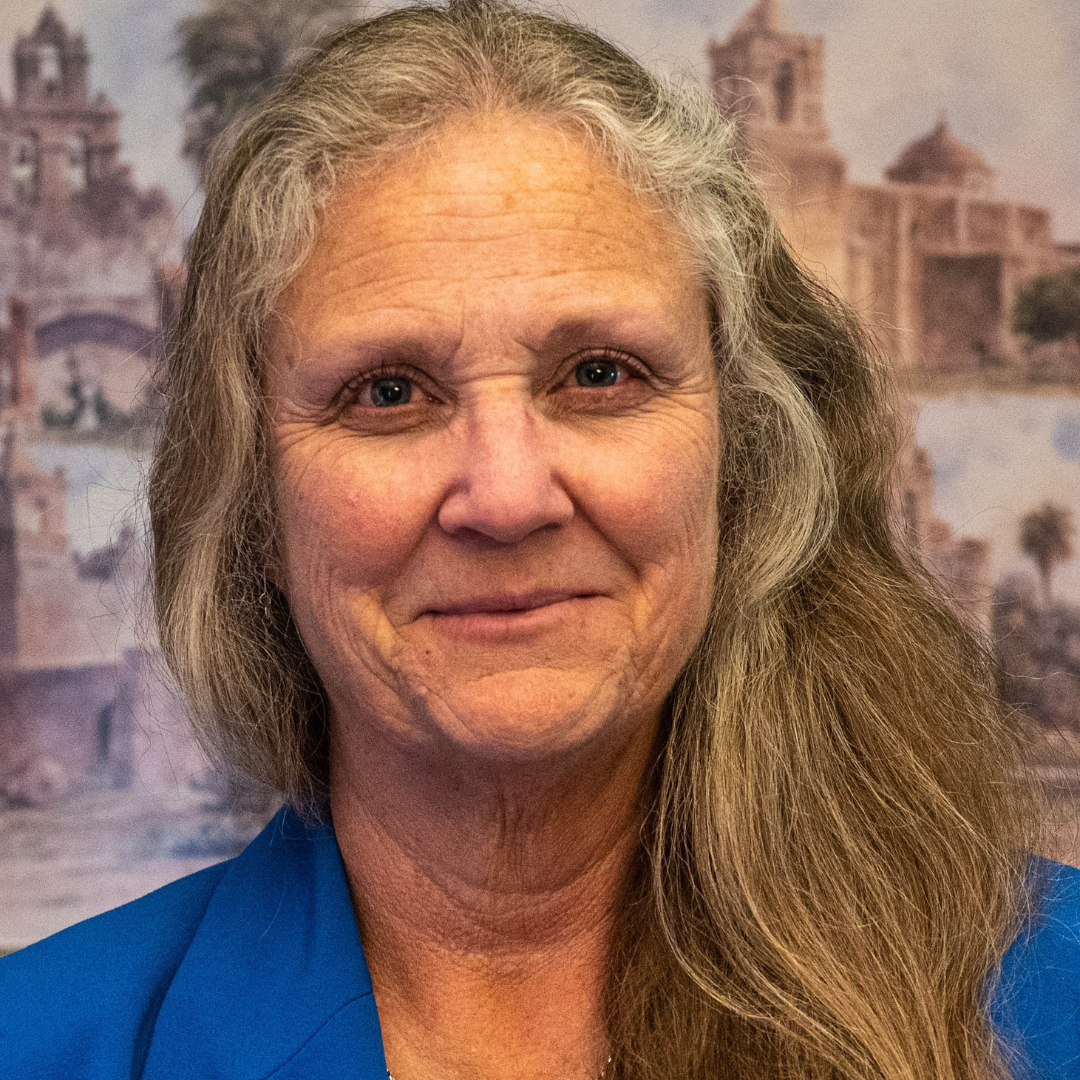 Donna Edmondson has been with the University of Texas at San Antonio (UTSA) for 28 years. She is an alumnus of the institution and currently serves as the University Ombuds. Donna has been in this role for 11 years. She spent 9 years in Student Affairs and 8½ years in Academic Affairs as a Research Assistant and Program Coordinator at the Center for Archaeological Research. Donna is an alumnus of Leadership UTSA (LUTSA) and the Women’s Professional Advancement and Synergy Academy (WPASA). She is a member of the Behavioral Intervention Team (BIT) at UTSA and has been a member of the International Ombuds Association since 2013. Donna Edmondson has been with the University of Texas at San Antonio (UTSA) for 28 years. She is an alumnus of the institution and currently serves as the University Ombuds. Donna has been in this role for 11 years. She spent 9 years in Student Affairs and 8½ years in Academic Affairs as a Research Assistant and Program Coordinator at the Center for Archaeological Research. Donna is an alumnus of Leadership UTSA (LUTSA) and the Women’s Professional Advancement and Synergy Academy (WPASA). She is a member of the Behavioral Intervention Team (BIT) at UTSA and has been a member of the International Ombuds Association since 2013.
CS 5D: Adding Value-Expanding the Pie beyond the Numbers: Making the Case for Organizational Ombuds' Continued Fiscal and Operational Utility in Challenging Times | White River B
Ombuds positions and offices are generally considered to be non-revenue generating and thus are very often considered as luxuries or expendable, particularly in times of economic stress and fiscal austerity. This is a mistake, Ombuds and their offices when running effectively can significantly and measurably increase organizational and employee productivity and help avoid costly and crippling litigation. Yhis presentation will examine concrete ways that an Ombuds office can demonstrate their value to the organization in concrete ways, such as through their annual report, their upward feedback, educational interventions regarding conflicts, problem solving and interpersonal skills, and in other qualitative and quantitative manners.
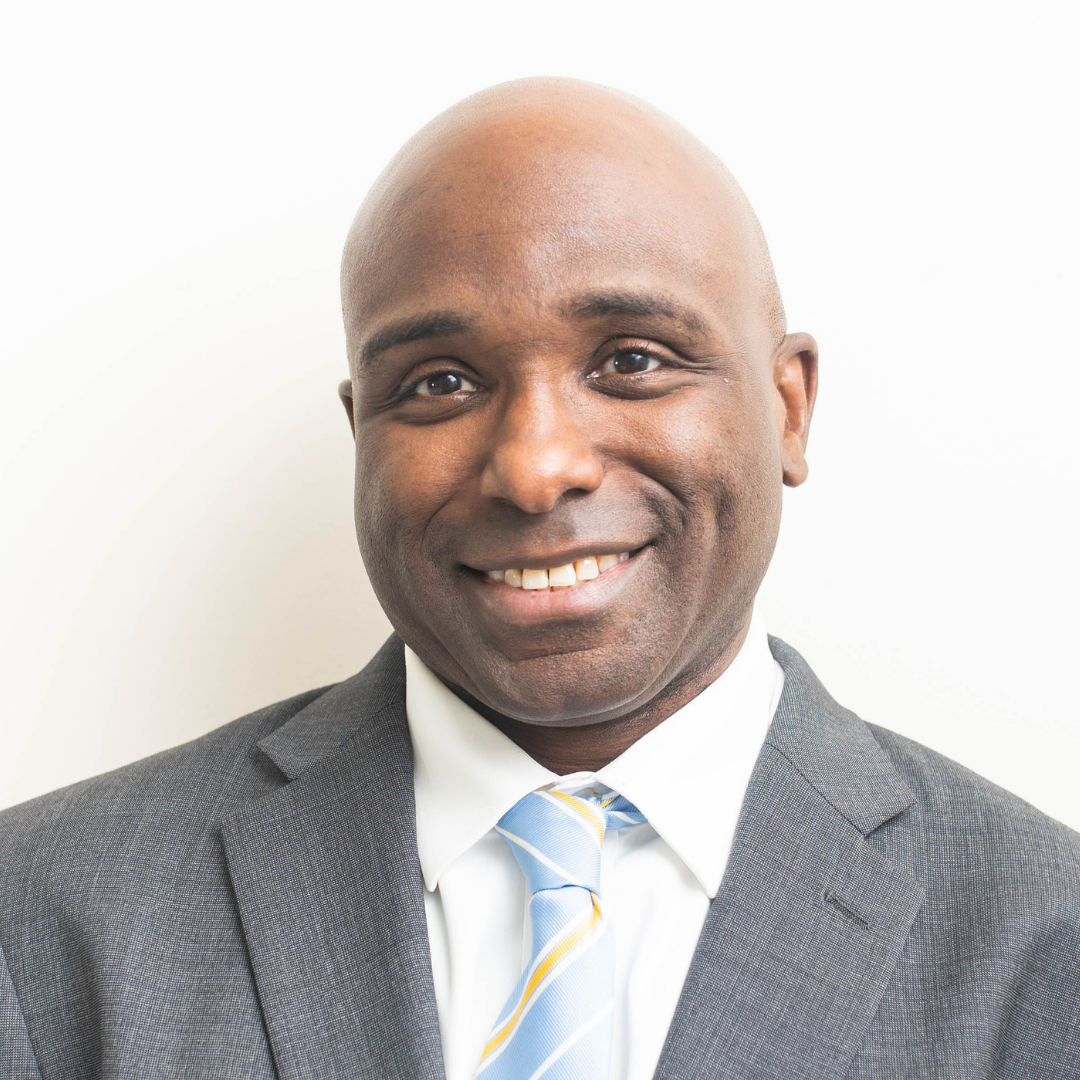 Kevin Linder serves as the Associate Ombuds for the Denver Public Schools (DPS). Mr. Linder serves as a confidential, neutral resource available to DPS employees system wide. Within the office's mission to provide information, guidance, assistance, and conflict management to those who work in all areas of the Denver Public School system, Mr. Linder addresses complaints, concerns, and grievances related to Denver Public School regulations, policies, and practices as well as all areas of interpersonal conflict. In his legal career, Mr. Linder worked as an attorney where he learned the skills critical to representing parties in both state and federal court and other administrative agencies. After several years in the public and private sector, Mr. Linder completed a Master's degree in Social Work. In 2023, Mr. Linder joined the Ombuds Office of DPS as the Associate Ombuds. He received his Bachelor of Arts degree in Near Eastern Studies from Princeton University, his Juris Doctor from the Washington University School of Law in St. Louis, and his Master's degree in Social Work from the University of Georgia. Kevin Linder serves as the Associate Ombuds for the Denver Public Schools (DPS). Mr. Linder serves as a confidential, neutral resource available to DPS employees system wide. Within the office's mission to provide information, guidance, assistance, and conflict management to those who work in all areas of the Denver Public School system, Mr. Linder addresses complaints, concerns, and grievances related to Denver Public School regulations, policies, and practices as well as all areas of interpersonal conflict. In his legal career, Mr. Linder worked as an attorney where he learned the skills critical to representing parties in both state and federal court and other administrative agencies. After several years in the public and private sector, Mr. Linder completed a Master's degree in Social Work. In 2023, Mr. Linder joined the Ombuds Office of DPS as the Associate Ombuds. He received his Bachelor of Arts degree in Near Eastern Studies from Princeton University, his Juris Doctor from the Washington University School of Law in St. Louis, and his Master's degree in Social Work from the University of Georgia.
|